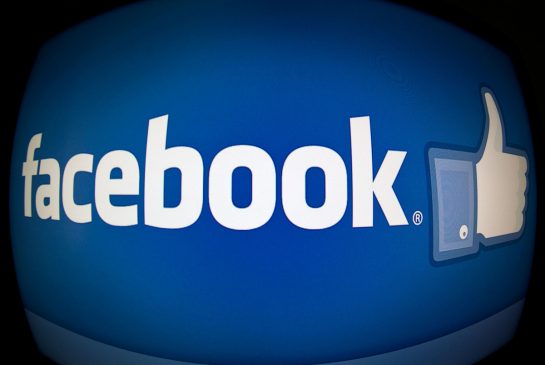 NEWS
NEWS
 NEWS
NEWS
 NEWS
NEWS
![]() Earlier this week the BBC reported that Facebook had reversed a ban – imposed last May – on users posting videos of violent acts such as people being decapitated, just days before clip of a woman being beheaded went viral. This immediately caused uproar, with the UK’s Prime Minister David Cameron calling Facebook “irresponsible” for allowing it.
Earlier this week the BBC reported that Facebook had reversed a ban – imposed last May – on users posting videos of violent acts such as people being decapitated, just days before clip of a woman being beheaded went viral. This immediately caused uproar, with the UK’s Prime Minister David Cameron calling Facebook “irresponsible” for allowing it.
Now, All Things D reports that Facebook has decided to backtrack once more, updating its policy on violent images and removing the aforementioned beheading clip.
It’s a bit of a delicate issue for Facebook because on the one hand, it likes to champion free speech and expression wherever possible by not policing what people say and post, but on the other hand, some things are just too damn offensive and sickening to be allowed where anyone could stumble across them.
Officially, Facebook’s new stance is that in order to prevent the “glorification of violence”, it’ll be more rigorously enforcing its policies on violent images and media. This means taking a “holistic” approach regarding the context within which each video is posted, considering whether or not it was shared responsible with appropriate warnings so as not to offend those who don’t want to see it.
The net result of this is that in fact, Facebook’s policy hasn’t really changed much at all. This is just a reaction to the public outrage over that particular clip, and illustrates just how difficult a balancing act censorship on the web can be.
I, no doubt like many others, have mixed feelings on this kind of thing. With regards to videos of people being beheaded, I believe that no-one should ever witness this. I can remember back in 2004, when the British contractor Kenneth Bigley was kidnapped in Iraq and later beheaded. A friend of mine downloaded the video shortly afterwards, and I watched with him it out of curiosity – as soon as I had, I sorely wished I hadn’t. It was a disturbing, sickening thing to see that shook me to the core.
But then again, Facebook shouldn’t be acting as some kind of moral policeman, deciding what people can and cannot see. It’s all too easy for Facebook’s (or any other site’s) censors to overstep the mark, as we’ve seen previously with it’s decision to prohibit images of mastectomy scars and mother’s breast feeding their babies.
There’s also the example of Twitter, which has never seriously attempted to restrict what users can and cannot post. The 2009 video of a female Iranian protester being shot in the head, later uploaded to Twitter, probably did more than anything else to illustrate just how serious the election protests were in that country. It’s because of this almost total freedom of expression that Twitter has been credited with all kinds of achievements that Facebook hasn’t, from helping to oust Egypt’s dictator-president Hosni Mubarak, to saving (temporarily at least) Gezi Park in Istanbul.
Given Facebook’s ambitions to overtake Twitter as the most relevant, real-time social network on the web, it really can’t afford to be over-zealous when it comes to censorship. If it goes down this road, it’ll be harming itself as much as it hurts its users. Rather, Facebook and those who use it would all be better off if they’re left to police themselves.
Support our mission to keep content open and free by engaging with theCUBE community. Join theCUBE’s Alumni Trust Network, where technology leaders connect, share intelligence and create opportunities.
Founded by tech visionaries John Furrier and Dave Vellante, SiliconANGLE Media has built a dynamic ecosystem of industry-leading digital media brands that reach 15+ million elite tech professionals. Our new proprietary theCUBE AI Video Cloud is breaking ground in audience interaction, leveraging theCUBEai.com neural network to help technology companies make data-driven decisions and stay at the forefront of industry conversations.